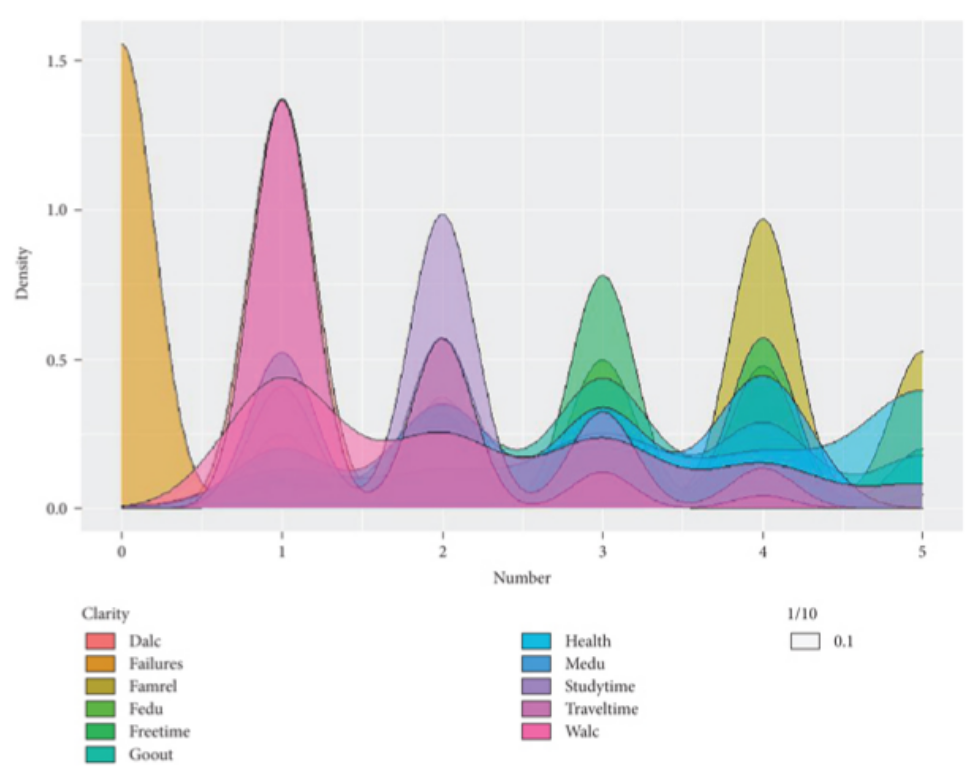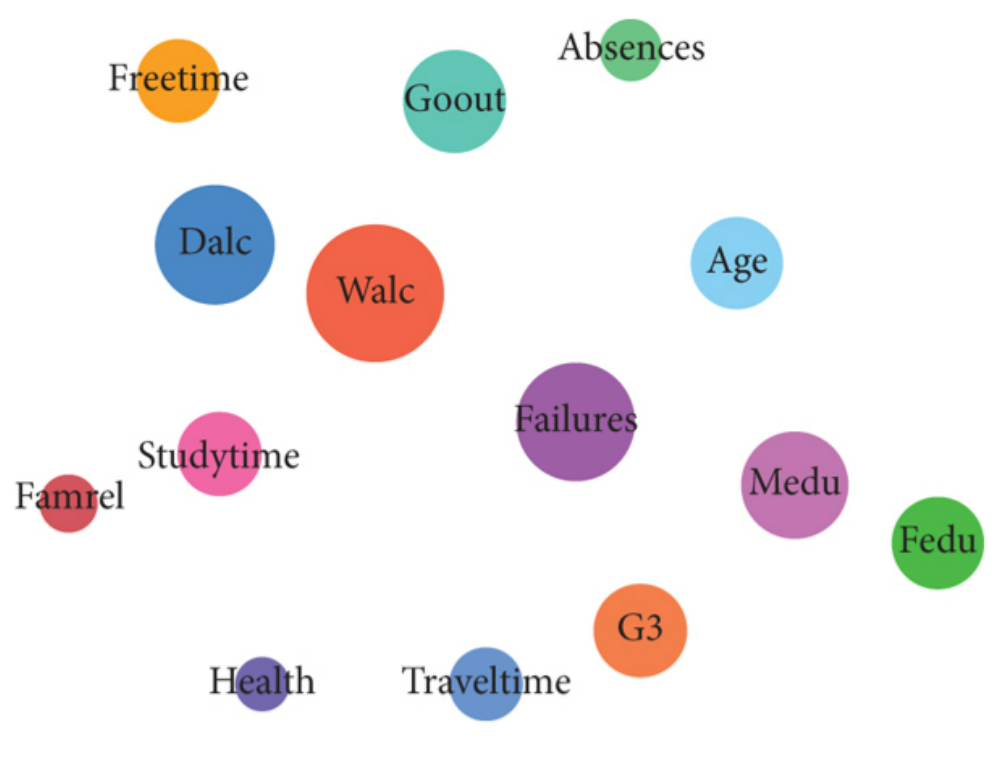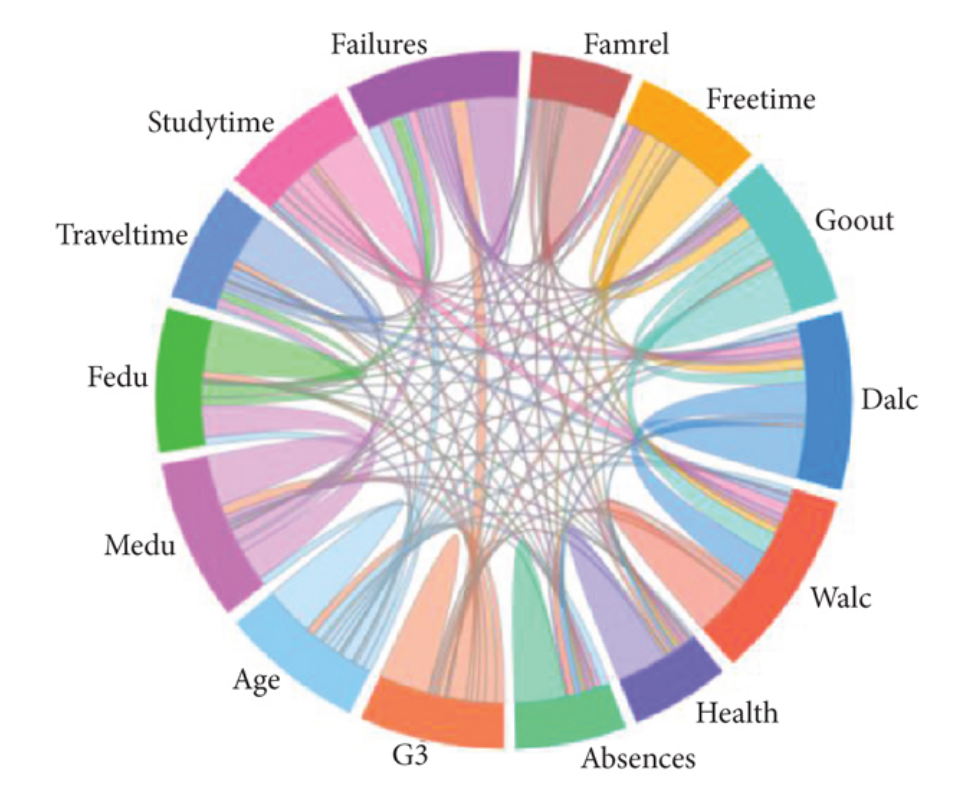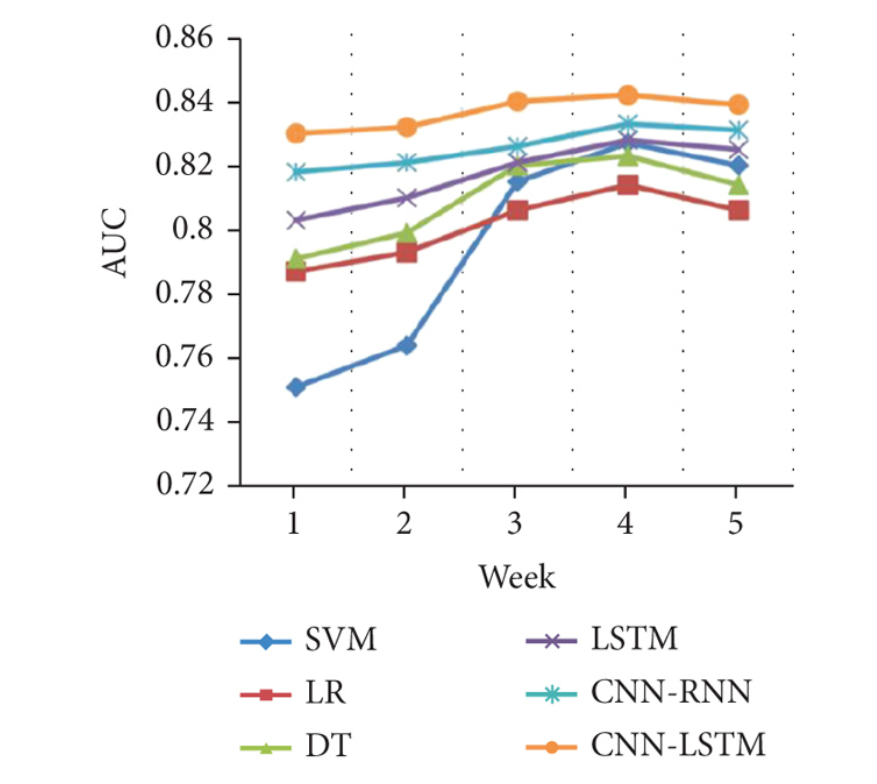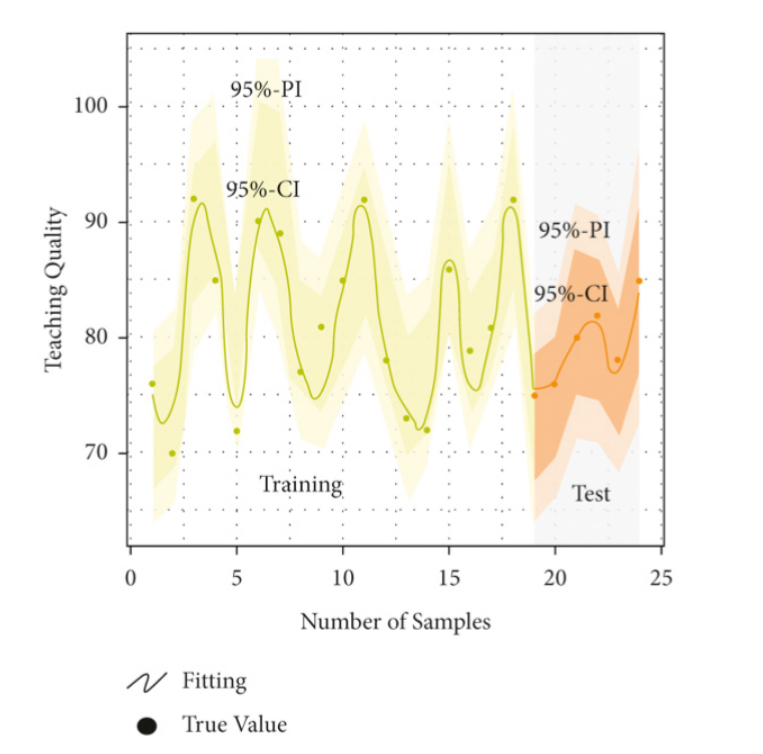 An open access journal
An open access journal
Assessment and Evaluation in Education: Measuring Learning Outcomes and Progress
Abstract
The critical role of assessment and evaluation in education lies in its ability to measure learning outcomes and track student progress effectively. This paper explores the diverse methodologies and tools used in educational assessment and evaluation, emphasizing their significance in enhancing teaching quality and student learning. It delves into traditional and contemporary assessment techniques, including formative and summative assessments, standardized tests, portfolio assessments, and peer assessments, highlighting their respective advantages and challenges. The integration of technology in assessment practices, such as digital portfolios, online quizzes, and learning analytics, is also examined for its potential to provide immediate feedback and personalized learning experiences. Furthermore, the paper addresses the importance of aligning assessment strategies with learning objectives and competencies to ensure they accurately reflect student learning and foster meaningful educational improvements. Challenges such as ensuring fairness, managing biases, and maintaining reliability and validity in assessments are discussed. The paper concludes with recommendations for educators and policymakers on developing effective assessment and evaluation systems that are equitable, comprehensive, and conducive to continuous learning and improvement.
Share and Cite
Article Metrics
References
- Black, P., & Wiliam, D. (1998). Assessment and Classroom Learning. Assessment in Education: Principles, Policy & Practice, 5(1), 7-74.
- Pellegrino, J. W., Chudowsky, N., & Glaser, R. (Eds.). (2001). Knowing What Students Know: The Science and Design of Educational Assessment. National Academies Press.
- Stiggins, R. J. (2002). Assessment Crisis: The Absence Of Assessment FOR Learning. Phi Delta Kappan, 83(10), 758-765.

